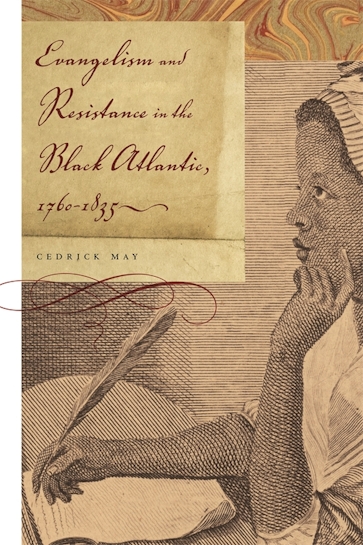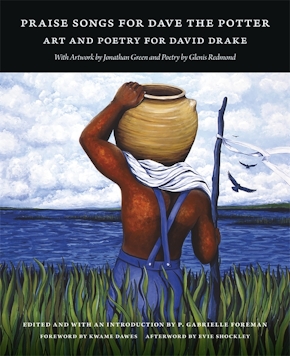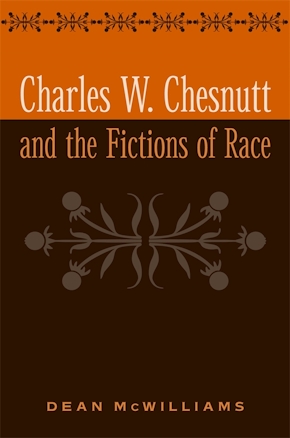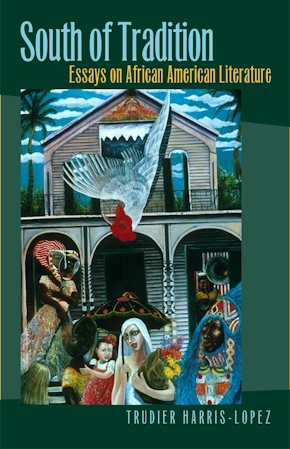Evangelism and Resistance in the Black Atlantic, 1760–1835
Title Details
Pages: 168
Trim size: 6.000in x 9.000in
Formats
Hardcover
Pub Date: 06/15/2008
ISBN: 9-780-8203-2798-3
List Price: $44.95
Related Subjects
Evangelism and Resistance in the Black Atlantic, 1760–1835
Skip to
- Description
- Reviews
This study focuses on the role of early African American Christianity in the formation of American egalitarian religion and politics. It also provides a new context for understanding how black Christianity and evangelism developed, spread, and interacted with transatlantic religious cultures of the eighteenth and early nineteenth centuries. Cedrick May looks at the work of a group of pivotal African American writers who helped set the stage for the popularization of African American evangelical texts and the introduction of black intellectualism into American political culture: Jupiter Hammon, Phillis Wheatley, John Marrant, Prince Hall, Richard Allen, and Maria Stewart.
Religion gave these writers agency and credibility, says May, and they appropriated the language of Christianity to establish a common ground on which to speak about social and political rights. In the process, these writers spread the principles that enabled slaves and free blacks to form communities, a fundamental step in resisting oppression. Moreover, says May, this institution building was overtly political, leading to a liberal shift in mainstream Christianity and secular politics as black churches and the organizations they launched became central to local communities and increasingly influenced public welfare and policy.
This important new study restores a sense of the complex challenges faced by early black intellectuals as they sought a path to freedom through Christianity.
May's book is an important achievement that corrects the tendency to dismiss or marginalize religion in the discussion of black resistance, while advancing the understanding of the intimate connection between the religious and the political. It offers an exceptional combination of historical, literary, political, and theological readings of canonical and virtually unknown writers. Evangelism and Resistance in the Black Atlantic is a very significant contribution to the fields of African American studies, transatlantic studies, and religious studies, as well as to the larger disciplines of literary studies, history, and theology.
—Katherine Clay Bassard, author of Spiritual Interrogations: Culture, Gender, and Community in Early African American Women's Writing
May skillfully advances our knowledge of eighteenth- and nineteenth-century African and African American writers and institution builders. Cogently contending that these writers have been ignored largely because their Black Christian piety has been discounted or misread, May shows how each spearheaded decisive movements for black liberation, education, and religious equality. May tells an engrossing story of these authors’ intertextuality, underscoring that the 'black transatlantic' formed a small world and a powerful network.
—Joycelyn Moody, University of Texas at San Antonio



